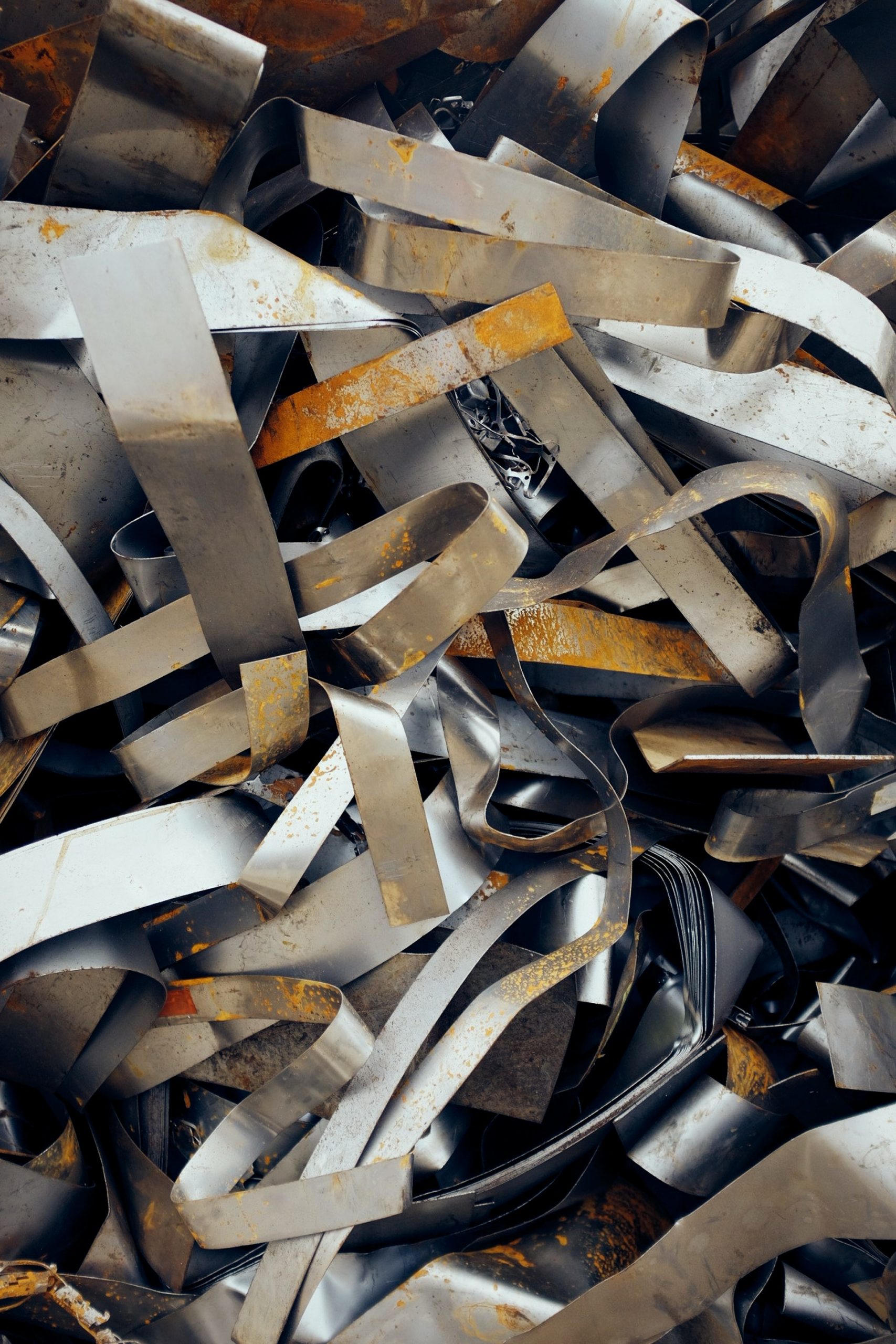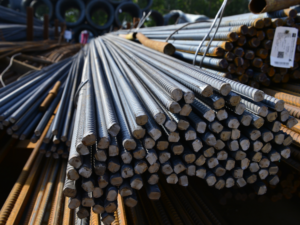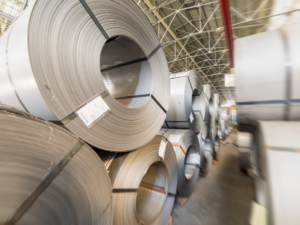Banning scrap exports will have hard consequences for the European domestic market, European Recycling Industries’ Confederation (Euric) vice president Cinzia Vezzosi said at the Bureau of International Recycling (BIR) conference in Barcelona on Tuesday.
The EU is the world’s largest scrap exporter, with annual shipments of around 20 million tonnes. “Shutting down this flow of material will create massive perturbation in trade, with huge local consequences on the price of steel. We will no longer have a chance to invest in the recycling industry,” Vezzosi said at the event attended by Kallanish.
She emphasised there should be no barriers to free trade as the EU has sufficient supply to feed its own steel industry.
Eric Niedziela from ArcelorMittal Europe, meanwhile, said that scrap usage will increase in the EU, in line with the industry’s decarbonisation goals, and the bloc should therefore ensure domestic scrap supply.
“ArcelorMittal has identified decarbonisation pathways as using hydrogen to reduce iron ore without emitting CO2 and increasing the share of recycled steel into its production up to 250kg per tonne of steel by 2022. We will need a higher amount of scrap. Besides, the scrap we are exporting is imported back as finished steel and harms our industry,” Niedziela commented.
Vezzosi said both arguments have pros and cons and reiterated Euric’s proposal to open a working group with Eurofer to prevent a lose-lose situation.
Burcak Alpman Turkey






